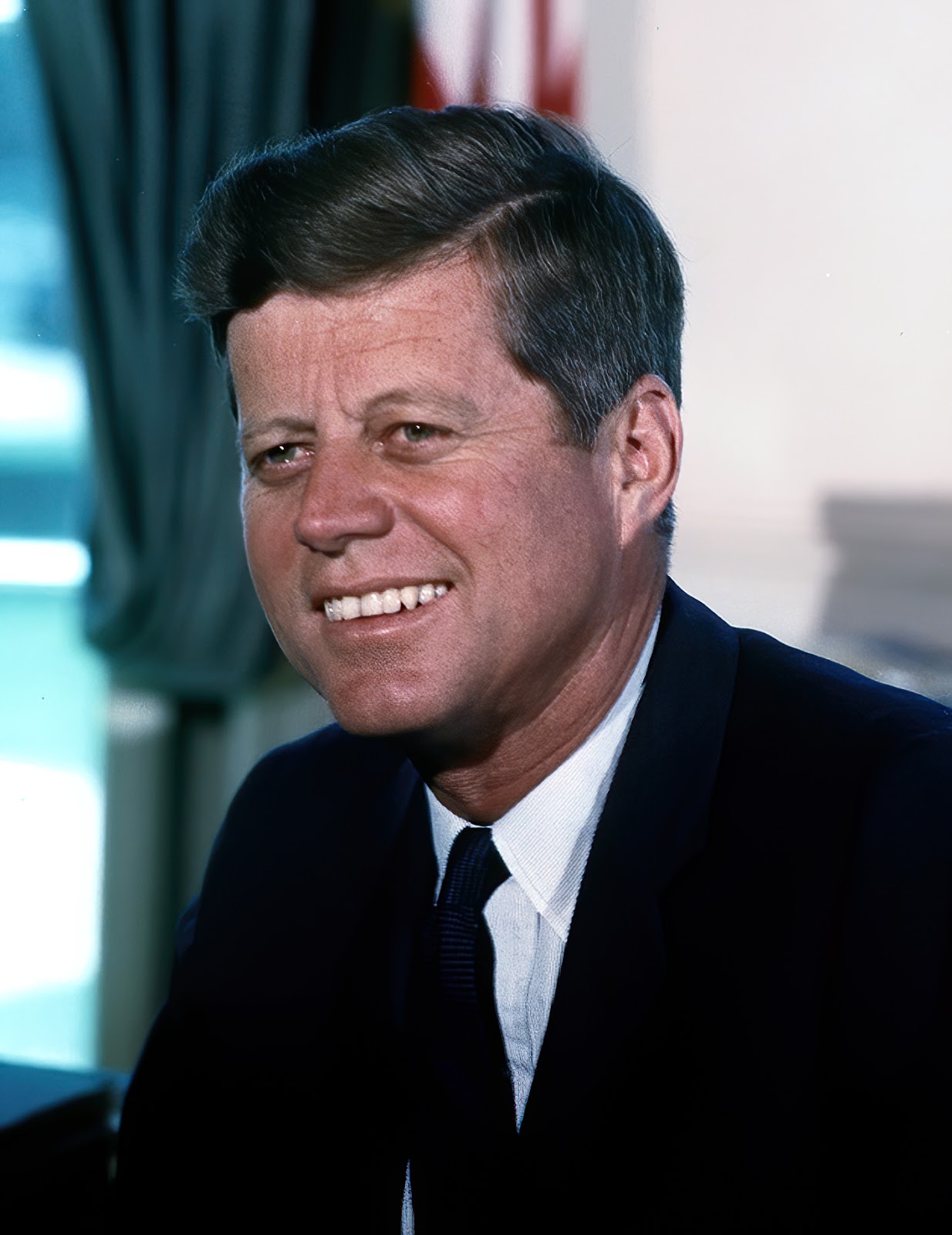It is no wonder that I have run out of space for proper storage in my closets and cupboards. The explanation is that I save too much, and the proof of that is the clipping that inspired this blog. I hope you enjoy this blog, inspired by a clipping from about 4 decades ago. Unfortunately, when I cut the Letter to the Editor from the Fort Worth Star-Telegram I failed to include the date. However, it was during the administration of President George Bush, in office from January of 1989 to January of 1993.
The woman who wrote the letter to the Editor used the title, Old vs. Young. Her explanation came from the film classic It's a Wonderful Life. In the movie there is a run on the bank, and Jimmy Stewart tries to explain why everyone's money was not in the bank vault, because it had been loaned to people in the community to build homes, open businesses, and provide money for other improvements in the community. In other words, the money was out in the community working.
The woman writing to the newspaper compared that explanation to Social Security, established when the nation was suffering a financial crisis. She explained that Social Security "wasn't designed for individuals but rather as a collective helping hand from one citizen to another so that none of us would ever again work a lifetime and end up sleeping in an alley."
When the first George Bush took office, problems awaited him, particularly in the form of troubled Savings & Loan banks. The initial bail-out plan was replaced in August with a new government creation, the Resolution Trust Company, to oversee the merger or liquidation of troubled banks. On November 5, 1990, the budget law, which was intended to reduce the federal budget by almost $500 billion over 5 years, was signed, including $140 billion in new taxes.
 |
| Retirement Fun! |
On July 3, 1992, the Unemployment Compensation Amendment expanded unemployment coverage to 26 weeks. Unemployment had reached 7.8%, its highest level since 1984. On August 6, 2003, the Labor Department announced that the Nation lost an additional 44,000 jobs, and another 71,000 manufacturing positions. These statistics describe what the woman who wrote to the Star-Telegram Editor was facing.
As often happens, although the tangled mess just described confronted George Bush immediately upon his election, fixing it was his problem, and the 4 the years he served as president were the difficult years voters remembered. He was not reelected.
Sometimes the difficulties a president confronts are the result of events that happened long before his election. After WW II, soldiers returned home, eager to put that horrible war behind them and start families they may have dreamed about during the war. Their dreams came true, and what is known as the baby boomer years were the result. In addition to the numbers of babies, the advances in medicine kept more of those babies alive--in childbirth, with vaccinations to keep them healthy, with new safety on jobs, and with medical advances to allow them to live longer.
These baby boomers looked forward to retirement while still in good health, with more years ahead of them to travel, to enjoy watching their grandchildren grow up, and to pursue hobbies they enjoyed and had been unable to pursue while they were working and raising children. They had paid in to social security, and they looked forward to many years of retirement to enjoy.
However, the world changed. Their children and grandchildren often saw the world differently, having fewer children or none at all, and not always working the long hours their parents had worked. Some couples decided to have small families or no children at all, and others preferred to remain single. Often, they had seen how hard their parents worked and decided to spend more time enjoying life. As a result, the system of Social Security's continuing income based on the outgoing payments to those retired being replenished by payments into the social security system by their children and grandchildren is no longer keeping up as expected.
Yes, we seniors did pay into the system. However, just as Jimmy Stuart explained to those making a run on the bank in It's a Wonderful Life, the money we paid in while we were working was not placed in a separate bank vault with our name on it. The money we paid helped our parents afford to stay in their homes after they retired, or travel, or live in a nice nursing home instead of moving in with us to be cared for.
Just as our money was used for our parents, we were dependent on younger generations to pay into the system for our retirement years to enjoy. Everything worked for a long time, but we are facing today the result of changes like those I mentioned. I'm not sure how those in Washington feel about this problem.
.jpg)


